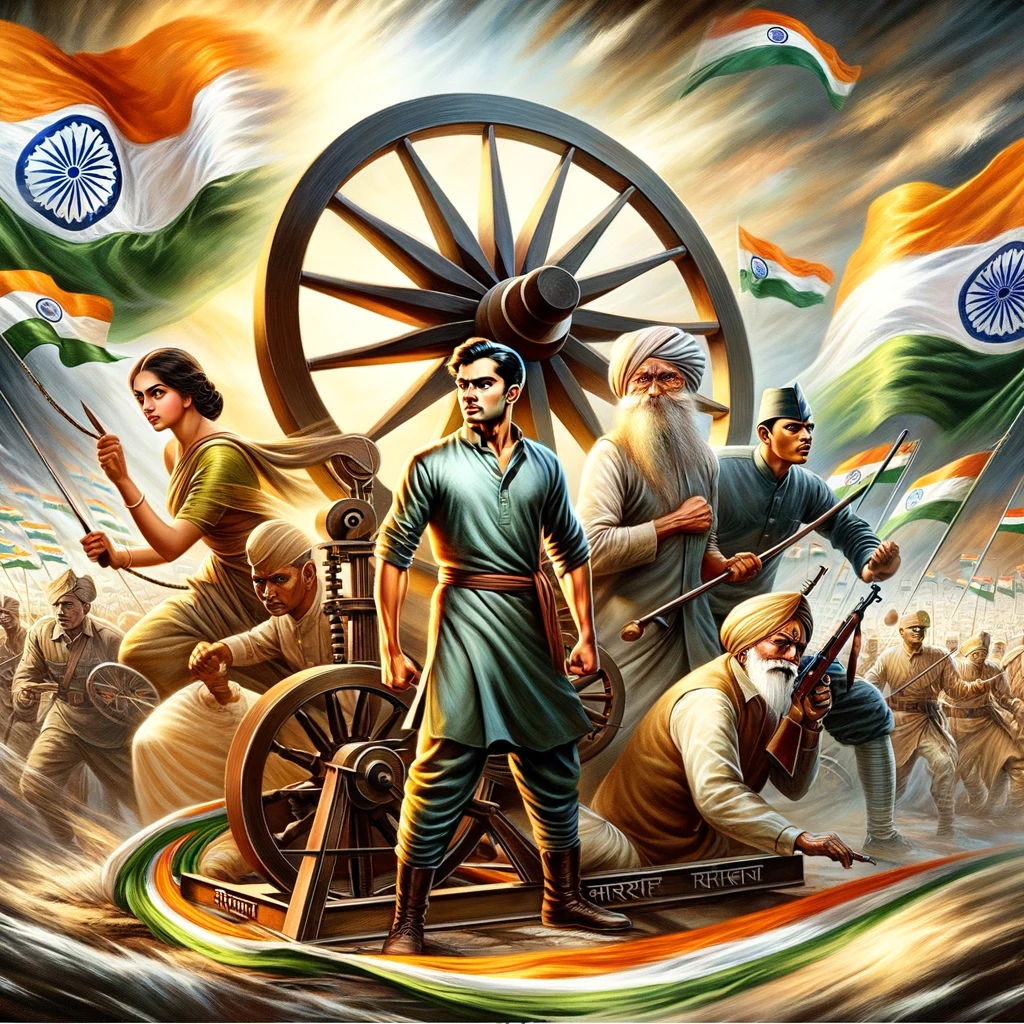On This Day 8 February 2024 Thursday
Sam Vikram: 2080 Purnimanta Mass: Magha Paksha: Tithi: Krishna Paksha Trayodashi
![]() Panchang / पंचांग
Panchang / पंचांग![]()
Virram Samvat / विरम संवत: 2080Shaka Samvat / शक संवत: 1945Amanta Month / अमान्त मास: PausaPurnimanta / पूर्णिमांत: MaghaTithi / तिथि: Krishna Paksha Trayodashi
Today/ आज
Festivals Today: Maas Shivaraatri
Festials Tomorrow: Bizanes, Maunee Bizanes
Day Today:
Day Tomorrow:
Yoga / योग:
Siddhi – Feb 08 02:52 AM – Feb 08 11:09 PM
Vyatipata – Feb 08 11:09 PM – Feb 09 07:06 PM
Karana / करण:
Vanija: 12:44 AM – Feb 08 11:17 AM
Vishti: 11:17 AM – Feb 08 09:43 PM
Shakuni: 09:43 PM – Feb 09 08:02 AM
Sunrise / सूर्योदय: 7:09Sunset / सूर्यास्त: 18:01
Moonrise / चंद्रोदय: 5:52Moonset / चंद्रास्त: 16:12
![]() Auspicious Time / शुभ समय
Auspicious Time / शुभ समय
![]() Inauspicious Time / अशुभ समय
Inauspicious Time / अशुभ समय
Rahu – 1:56 PM – 3:18 PM
Yamaganda – 7:09 AM – 8:30 AM
Gulika – 9:52 AM – 11:13 AM
Dur Muhurat – 10:46 AM – 11:29 AM, 03:07 PM – 03:50 PM
Varjyam – 11:49 AM – 01:15 PM, 05:46 AM – 07:11 AM
Information Source: https://www.prokerala.com/
Today / आज
Freedom Fighters sacrificed / राष्ट्रवादियों ने बलिदान दिया था At Least/ कम से कम:
On This Day 8 February: Major Historical Events
Madan Lal Dhingra (February 8, 1883):
Madan Lal Dhingra was an Indian revolutionary freedom activist, born on this day. He is most prominently known for assassinating Sir William Hutt Curzon Wyllie, a British official, which he did in protest against the British rule in India. His act, considered one of the precipitating events of the Indian independence movement, showing the extent of resistance among Indian nationals in both India and abroad. Many people have seen Dhingra’s actions, while controversial, as a symbol of the struggle against colonialism..
On This Day 8 February: Anniversary / वर्षगांठ
Kalpana Datta (February 8, 1995):
This date signifies the passing of Kalpana Datta, a notable figure in the Indian independence movement. She actively participated in the armed resistance movement against British rule, most famously involved in the Chittagong armoury raid in 1930. Datta joined the Indian Republican Army, Chittagong branch, which carried out raids on the armoury of police and auxiliary forces from the Chittagong armoury in Bengal province of British India. After the raid, authorities later arrested and tried her. She chose to live a relatively quiet life post-independence but remained a committed activist and writer.
Anniversaries in Brief:
1998: Rui Hachimura: Rui Hachimura, recognized for his basketball career, was born in Toyama, Japan, on February 8, 1998.
1954: Joe Maddon: Joe Maddon, celebrated for his career in baseball as a coach, was born in West Hazleton, Pennsylvania, USA. His anniversary falls on February 8, 1954.
1963: Mohammad Azharuddin: Mohammad Azharuddin, a former Indian international cricketer, was born in Hyderabad, Andhra Pradesh, on February 8, 1963.
1966: Hristo Stoichkov: Hristo Stoichkov, a celebrated football player from Bulgaria, was born on February 8, 1966.
1970: Alonzo Mourning: Alonzo Mourning is known for his achievements in basketball, born on February 8, 1970, in Chesapeake, Virginia, USA.
1972: Big Show: Big Show, a renowned WWE wrestler, was born on February 8, 1972, in Aiken, South Carolina, USA.
1974: Kimbo Slice: Kimbo Slice, famous as a martial artist, was born in Nassau, Bahamas, on February 8, 1974.
1982: Sophie Choudry: Sophie Choudry is a celebrity known for her work as a singer and actress in the Indian entertainment industry. She was born on February 8, 1982.
1990: Bethany Hamilton: Bethany Hamilton, known for her inspiring surfing career despite losing an arm to a shark attack, celebrates her birthday on February 8, 1990.
1990: Klay Thompson: Klay Thompson, an acclaimed basketball player, was born in Los Angeles, California, USA, on February 8, 1990.
2000: Derrick Thomas: Derrick Thomas, celebrated as an American football player, is remembered on February 8, 2000.
On This Day 8 February: Freedom Fighters’ sacrifice
Feature Image: The image is a vibrant artistic representation that captures the spirit and key moments of the Indian freedom struggle. It showcases stylized figures emblematic of heroes like Madan Lal Dhingra and Kalpana Datta, positioned heroically against a backdrop symbolizing the movement for independence. Symbols such as the spinning wheel and the Tricolor flag are prominently featured, representing self-reliance, non-violent protest, national unity, and freedom. This composition is designed to evoke feelings of pride and remembrance, highlighting the bravery, sacrifice, and collective fight for independence that marks India’s history. (Click here to view the image)

I have been reading out some of your stories and i must say clever stuff. I will definitely bookmark your site.
Right now it looks like BlogEngine is the top blogging platform available right now. (from what I’ve read) Is that what you’re using on your blog?
It抯 really a great and useful piece of information. I am satisfied that you shared this helpful info with us. Please stay us informed like this. Thanks for sharing.
Your home is valueble for me. Thanks!…
I抦 not sure where you’re getting your info, but good topic. I needs to spend some time learning more or understanding more. Thanks for fantastic information I was looking for this info for my mission.
Thanks for the sensible critique. Me and my neighbor were just preparing to do a little research about this. We got a grab a book from our area library but I think I learned more clear from this post. I’m very glad to see such excellent info being shared freely out there.
Can I just say what a relief to find someone who actually knows what theyre talking about on the internet. You definitely know how to bring an issue to light and make it important. More people need to read this and understand this side of the story. I cant believe youre not more popular because you definitely have the gift.